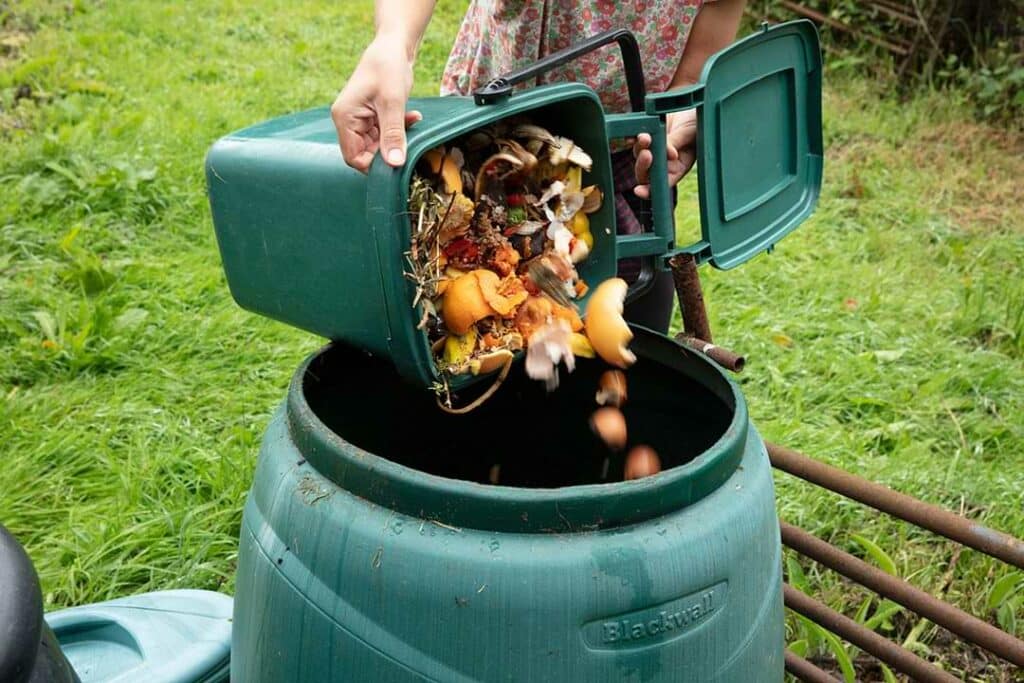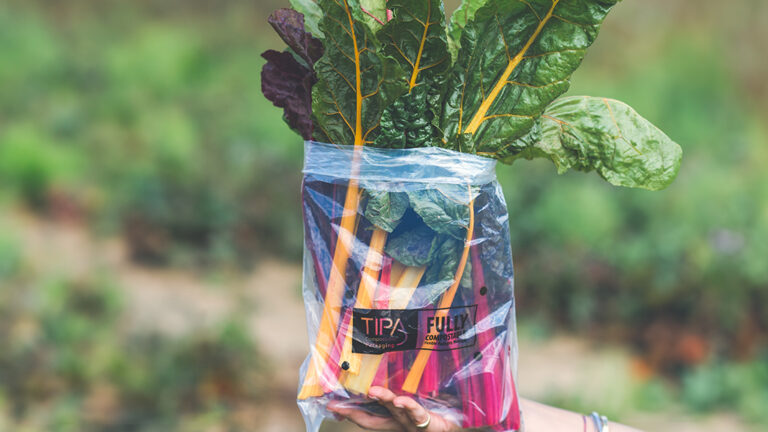Climate change is here, and Americans want to do their part to combat it, polls show. Some seven out of every ten Americans are concerned about the effects of climate change, on themselves and their children. Two-thirds believe the government needs to be doing more about it. And an overwhelming 77% are in favor of taking personal action – like composting – to help prevent future tragedy.
Convenience Barriers for Widespread Participation in Composting
But just 27% of Americans participate in composting programs – largely, according to experts, because the rest don’t have easy access to compost collection or drop-off programs. In many places, composting is far less convenient than other waste disposal, like trash and recycling. Making composting as easy as trash disposal is a key driver behind the success of the growing number of bans on food scraps in the garbage. An MIT study on composting compliance concluded that “Excitement and ideological commitment only gets you so far… that’s when you have to think about the incentives and removing particular obstacles.”
Jurisdictions throughout the US, from California to Vermont have already implemented mandatory composting programs, or, plan to soon. While these programs differ depending on jurisdiction, most have some common features, many modeled after the San Francisco program – including a requirement for the homeowner or landlord to acquire special disposal bins, and to subscribe to a composting program in which a truck will come by once a week or so to pick up the organic waste; and the imposition of fines or other penalties for failing to comply.
Synergy of Convenience and Incentives: Driving Successful Composting Initiatives
Americans generally don’t like “mandatory” things – whether it’s mandatory military service, mandatory voting, or even mandatory vacations. But they do seem prepared to comply with mandatory composting programs; for example, in Vermont, where food scraps in the garbage have been banned since mid-2020, compliance has been “very strong,” according to officials. And in San Francisco, more than 80% of total food waste is composted.
In both cases, the success is most likely due to how easy Vermont and the city of San Francisco have made composting, with many options to drop off compost or have it picked up from residents’ homes. By contrast, in some areas of California, which implemented a state-wide ban on food scraps in the garbage last year, residents have struggled to comply, as their local waste collection services have not offered an option for collecting compost bins.
For programs to do well, governments need to subsidize efforts in order to ensure that everyone can afford the service; pickups need to be frequent enough to ensure convenience; and incentives, such as tax breaks, need to be put in place to encourage private homeowners to build and maintain their own compost piles. And, governments need to educate residents about the importance of composting; people who understand the need to separate recyclables can also understand the importance of composting leftover food.
Once infrastructure, education, and incentives are in place, mandates can then be implemented much more smoothly. This will hopefully be the case in New York, where composting —-which the city said in January it would expand from one borough to the whole city— remains voluntary. But even without any legal mandates to make composting compulsory, the city is building an infrastructure that will, ideally, encourage more people to participate in composting programs, obviating the need to mandate it, or to ensure a high degree of participation if indeed mandates are adopted.
Closing the Loop: Enhancing Composting’s Impact from Homes to Farms
To make sure that residents’ efforts to separate their food scraps, and waste collection companies’ investments in this process actually make a difference for the planet, closer attention also needs to be paid to how the end-product of compost is transported and made available to farmers. Compost is extremely valuable for farmers; it helps soil maintain water and nutrients and can significantly boost crop yields. But closer cooperation between waste management companies that collect and process compost and the agriculture sector is required to work out efficient transportation routes that improve farmers’ access to compost and decrease the environmental cost of using fuel to transport it long distances.
As composting becomes more convenient for ordinary people, and more valuable and worthwhile for farmers, it offers one of the best methods to protect the planet from the disastrous effects of greenhouse gasses, and, in turn, to ensure a robust agricultural sector that can feed a growing population. But it is not enough to tell people to do it, our leaders must help them do it.
















